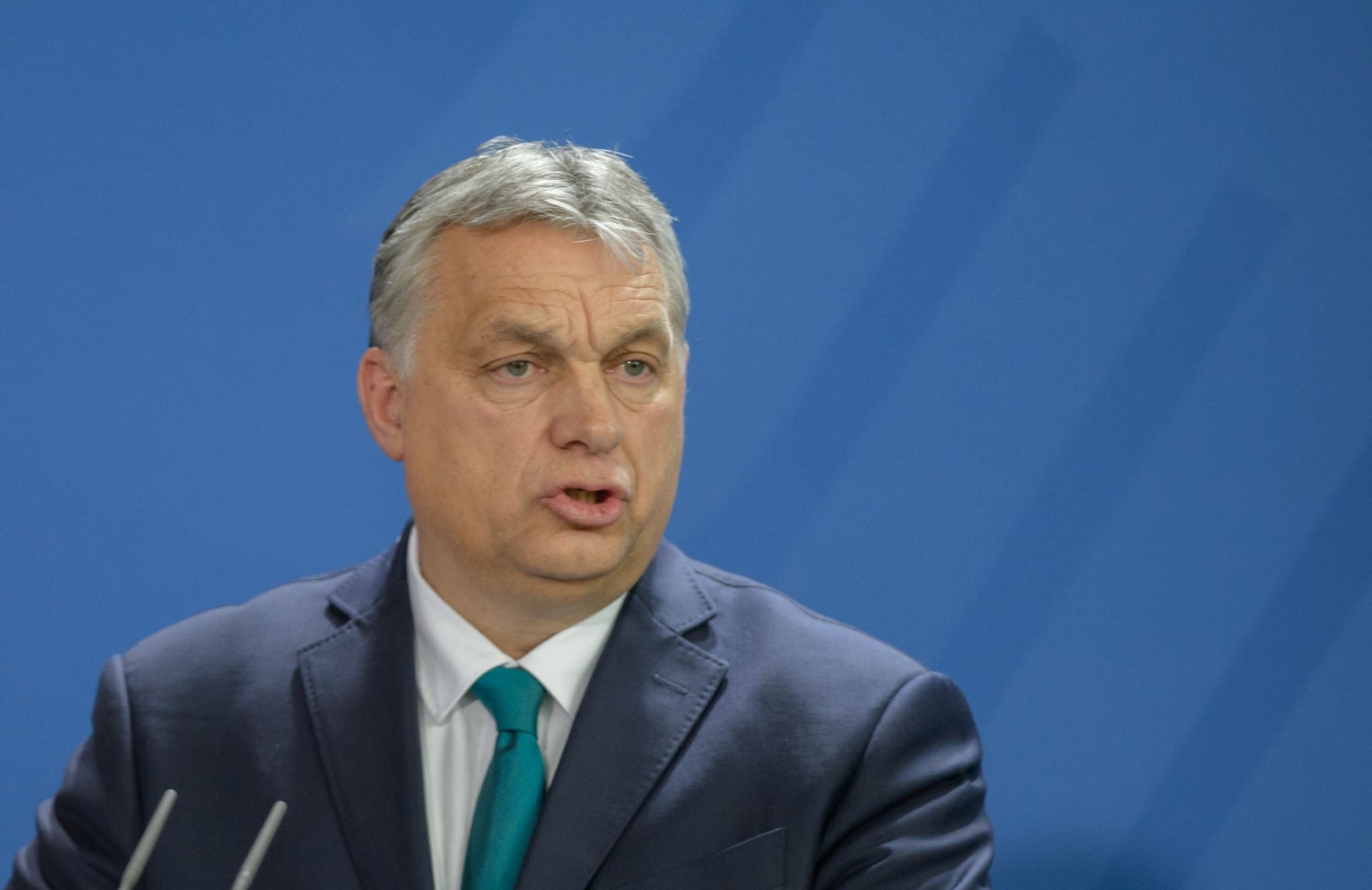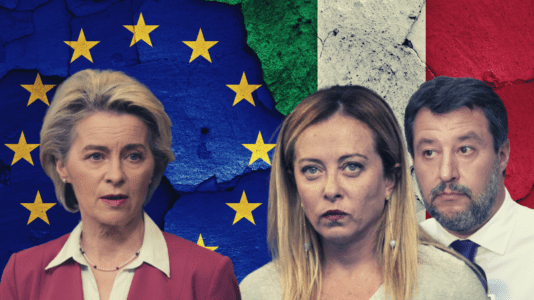Hungary’s Prime Minister Viktor Orbán (Fidesz) has appealed to the European Union to lift sanctions against Russia by the end of the year at the latest in order to alleviate soaring inflation not just in Europe, but across the globe.
At a parliamentary group meeting in Balatonalmádi on Lake Balaton, Orbán warned that the conflict between Moscow and Kyiv is no longer a matter between the two countries and is escalating into a global economic war expected to last into next year.
Brussels’ bureaucrats promised in the summer that the measures taken against Russia would harm the Kremlin and not EU citizens. In Orbán’s view, however, the opposite is the case. The Fidesz politician noted that he considers the sanctions partly responsible for the energy crisis and inflation.
[pp id=48504]
The costs for natural gas had already doubled because of the discussion of appropriate measures in June, and tripled a month later. According to the Hungarian prime minister, the current price shocks are hitting families particularly hard.
Orbán is not the only one calling for an end to sanctions, with Greek Prime Minister Kyriakos Mitsotaki calling for a repeal of Russian sanctions as well. Other political leaders, such as Matteo Salvini, who leads the conservative League party, says that Europe needs a “rethink” on Russian sanctions due to the harmful economic effects.
Orbán predicts that lifting sanctions will lead to an immediate halving of energy prices and a significant drop in inflation. Thanks to that, the European economy could regain strength and avoid the impending recession.
The conservative Alternative for Germany party has also been pushing for an end to sanctions and an opening of the Nord Stream 1 gas pipeline due to soaring energy costs in Germany. AfD member of the Bundestag, Mariana Harder-Kühnel, said she agrees with Orbán.
“The EU bureaucracy has turned the screw on the sanctions, and now we are paying the bill,” she said.
“The problems are not only with food supply and medical care but also with waves of business and private bankruptcies,” she added.






